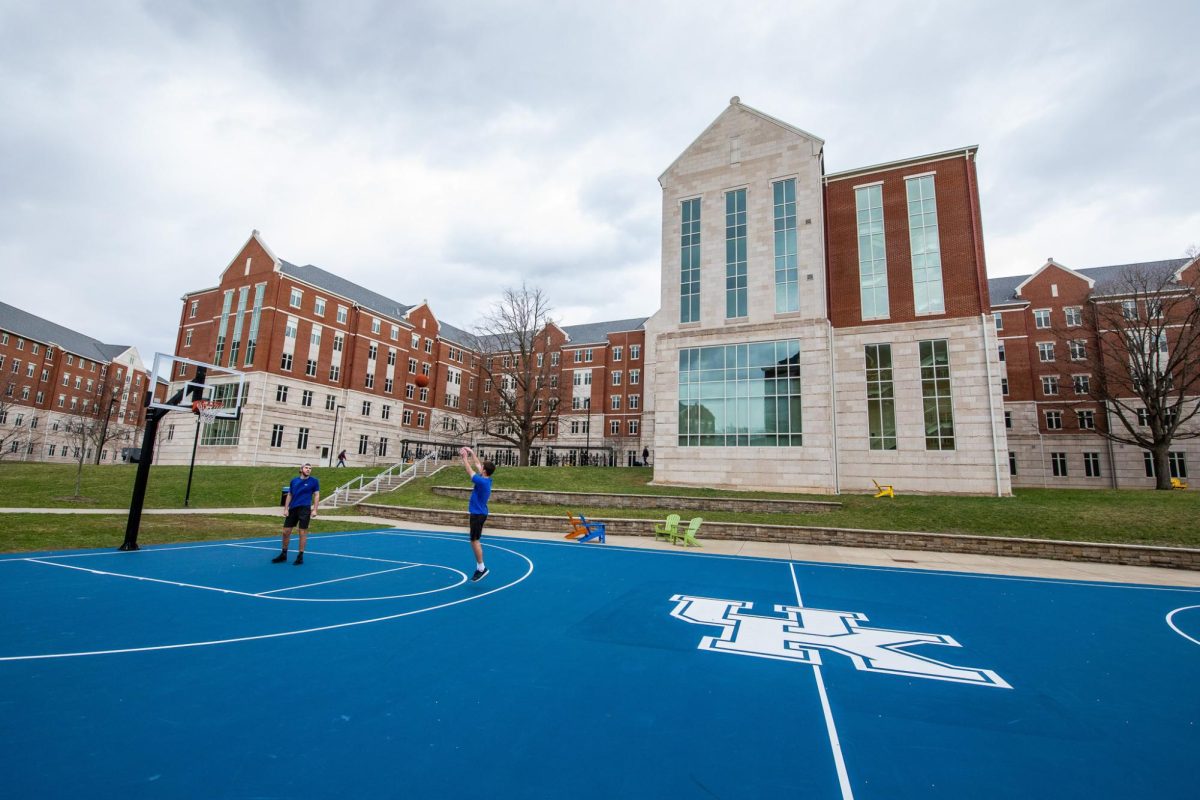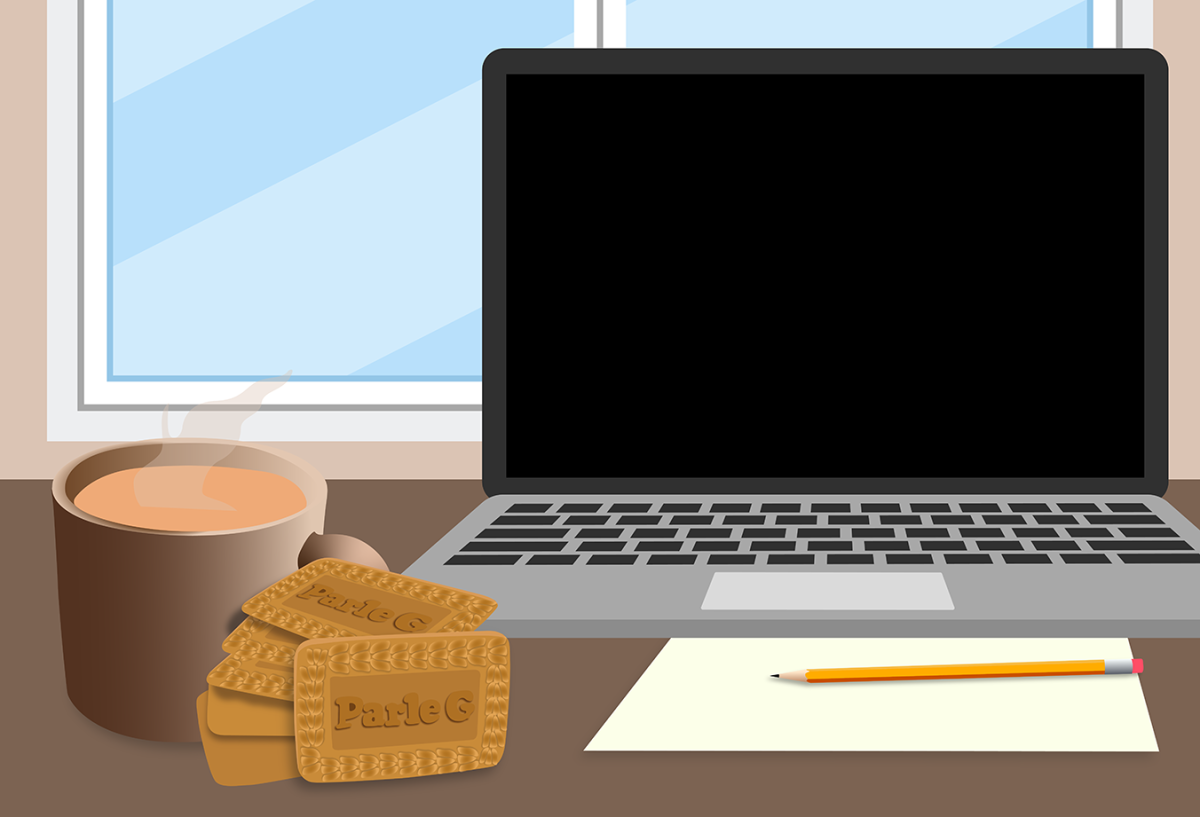Experts tell how to avoid stress during finals
December 9, 2014
By Anne Halliwell
With finals week approaching and the libraries filling up, students may find themselves with a pile of projects to complete and only weeks to do it.
The Kentucky Kernel spoke to staff members from the UK Counseling Center and Health Service to pick up tips on how to survive the stress of approaching deadlines and study sessions.
Senior staff psychologist Tina Bryant from the UK Counseling Center and assistant professor of psychiatry Matthew Neltner with Health Service talked to the Kentucky Kernel about ways students can take care of their mental and physical health during finals week.
Prioritize
“Be really honest with yourself about what you want to accomplish,” Bryant said. She suggested that students decrease stress from the get-go by making a list of their top tasks in order not to be weighed down by other concerns.
Neltner referenced a January 2011 study from the University of California that indicated that students who write down their thoughts before a test earn a higher grade.
Scheduling time to write worries down in a journal and then setting it aside can help clear students’ minds, Neltner said, or using the space to keep a list of tasks can relieve them of having to keep a mental list of responsibilities.
Bryant also suggested that students set reasonable goals for themselves at the end of the semester, when earning an ideal grade may not be possible in every class.
“You can take it as a learning experience, to say, ‘Here are some of the things that weren’t so helpful,’” Bryant said. Students can work to improve the next semester, she added, instead of spending the last few weeks of this one trying to correct every lowe grade they earned.
Sleep
“I’d put that near the top of your list of priorities,” Neltner said. He referenced a 2013 study by Science Direct which linked sleep deprivation and attention lapses, cognitive slowing and memory lapses.
Lack of sleep can also compromise the ability to handle anxiety and stress, Neltner said.
Practice Self-Care
“Eat well, sleep, make time for exercise, make time for self-care,” Bryant said. “Those are a lot of the things we throw out the door when we’re stressed.”
Neltner added that students can add small things to their routines to stay healthy.
“People are running into colds nowadays,” Neltner said. “Vitamin C can be helpful, or supplements to boost your immune system.”
Five to 10 minutes of running or 20 to 30 minutes of walking each day benefits cardiovascular health, Neltner added, according to a 2014 American College of Cardiology graphic.
Neltner said that he sees more seasonal affective disorder in the winter months and added in an email to the Kentucky Kernel that students may also be tempted to misuse prescription medications, which is “illegal and risky.”
Schedule Short Breaks
“You think you have so much to do … but you’re not going to be able to study for eight hours straight or stay awake for 24 hours,” Bryant said. She added that students should take time to relax and rest before their tests.
“It’s actually a better investment to go in with a clear head,” Bryant said.
With that in mind, Bryant also cautioned against breaks that stretch on as students look for ways to avoid finishing long projects.
“If you say, ‘I’m going to check Facebook,’ also maybe set a timer,” Bryant suggested, so that breaks don’t take over more time than they should.
Simplify Budget Concerns
With Christmas shopping to complete and spring semester payments just around the corner, Bryant suggested that students mitigate another source of stress by finding creative ways around buying presents for everyone they know. Students can organize gift exchanges or Secret Santa plans with their friends, or give gifts that don’t cost much, like homemade presents, handwritten letters or spending time together, she said.
Make an Appointment
The last weeks of the semester are busy ones for Health Service and the Counseling Center, Neltner said.
“If there are symptoms … schedule an appointment,” Neltner said.
Students who experience symptoms of mood disorders or physical issues can make an appointment with UK resources like the Health Service and the Counseling Center.
“Being gentle and forgiving with yourself as well, I think, is important,” Bryant said.


























































































































































